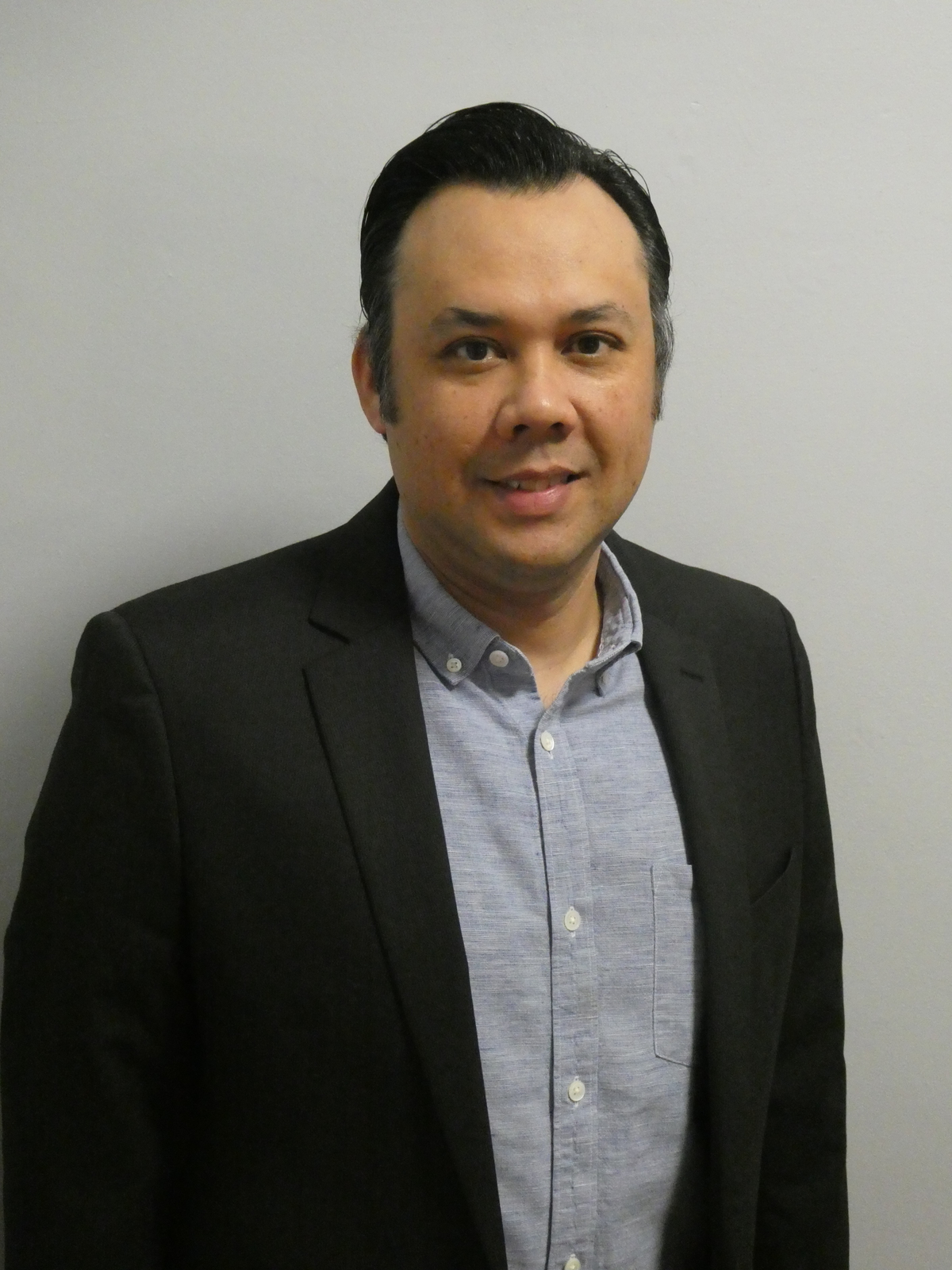Robert Javonillo appointed assistant dean of diversity, equity and inclusion at YSE
As a first-generation college student himself, Javonillo hopes to provide mentorship to students within the Yale School of the Environment while designing and enacting policies to advance diversity, equity and inclusion initiatives at the school.

Courtesy of Sommer Cook
Robert Javonillo has begun his tenure as assistant dean of diversity, equity and inclusion at the Yale School of the Environment, bringing his experience as a first-generation college student and academic background in marine biology to the position.
Javonillo was announced as assistant dean in a Nov. 18 press release. He first became interested in marine biology in elementary school, collecting critters and observing wildlife on the shores of coastal Virginia. Javonillo’s early passion for the outdoors and marine biology led him to pursue a master’s degree and a doctorate in the subject at the College of Charleston and The George Washington University, respectively.
As Javonillo progressed in his studies, he became aware of two pressing issues: the importance of education to preserve the environment in the face of human destruction and the socioeconomic disparities present in academia.
“If you are a marine biologist, or you are taking marine biology classes, you can’t help but notice that, over time, the marine environment has not stayed the same,” Javonillo said. “And that’s due to anthropogenic impacts … If you’re aware of those kinds of environmental insults that humans have been causing over decades and centuries, you can’t help but wonder: gee, can’t we do better?”
Javonillo completed his bachelor’s degree at Boston University and was the first in his family to attend college. According to Javonillo, college exposed him to people from a diverse range of socioeconomic backgrounds, with some students on financial aid and completing work-study, while others lived in off-campus apartments and owned cars. He started to realize that, despite the fact that he and his peers were all attending the same school and studying simultaneously, they did not have equivalent access to resources.
Javonillo explained that his experience as a first-generation college student and his awareness of the inequalities between students like him and some of his classmates “planted the seed” for his growing political awareness. He added that his experience in South Carolina as a master’s student further put into focus the lingering divisions that exist in American society.
“When you take those ideas and merge them with the ideas about ‘we’re not doing well with the environment,’ they converge upon this space that I am entering now, which has to do with diversity and equity with particular reference to the environment,” Javonillo said.
As assistant dean for diversity, equity and inclusion, Javonillo hopes to help other students find a sense of belonging at the Yale School of the Environment. He defined belonging as an antithesis to imposter syndrome, which he asserted many Yale graduate students may experience when they begin their studies.
He will also work to implement initiatives that come from formal diversity plans outlined by the University or the School of the Environment.
Javonillo explained that, in order to enact policies, school officials such as himself should have data to explain why such policies are necessary and how they will contribute to diversity, equity and inclusion efforts. Therefore, some of his work will concentrate on data collection and policy proposals.
Another challenge Javonillo hopes to address in his new role is the stigma surrounding environmental studies or research.
“When you have a new graduate student and that graduate student goes back to their family at … Thanksgiving break, and they say ‘I’m getting a degree … in some environmentally-related field,’ oftentimes they feel pressure from their family or from their peers [who are] essentially asking the question: Why are you doing this? Why aren’t you becoming a doctor, a lawyer or an engineer?” Javonillo said.
According to Javonillo, many people consider climate change to be a distant problem and may therefore discredit the work of climate scientists or graduate students pursuing studies in environmental sciences. Yet, just like social justice, the fight against climate change should be an “all hands on deck” effort, he said.
As such, Javonillo also hopes to serve as a mentor for the students in the School of the Environment. He said he enjoys giving advice and support but also believes that mentorship is a duty that comes with his position.
While he cannot individually mentor every student, Javonillo plans to help students from backgrounds similar to his transition from undergraduate to graduate education.
“Strengthening our DEI [Diversity, Equity, and Inclusion] efforts and increasing faculty, staff and student diversity is a priority in our strategic plan, and it is very important to me personally,” Ingrid Burke, dean of the Yale School of the Environment, wrote to the News. “We’ve made significant progress in our efforts, but we still have work to do.”
Javonillo will work with Dorceta Taylor ENV ’85, GRD ’88 ’91, the senior associate dean of diversity, equity and inclusion at the School of the Environment. Taylor emphasized Javonillo’s previous experience and commitment to enhancing DEI spaces in the Nov. 18 announcement.
According to Burke, Taylor recently established the Justice, Equity, Diversity, and Sustainability Initiative, or JEDSI, Lab and fellowships for several incoming master’s and doctoral students.
“We were looking for someone who not only had outstanding professional qualifications but could bring something unique to the role,” Burke wrote. “Dr. Robert Javonillo had that combination, from his professional experience at the National Institutes of Health, where he helped recruit and retain a more diverse faculty, to his personal experience as a first-generation college student. I believe that with Drs. Taylor and Javonillo leading our DEI efforts, we will be able to greatly advance toward meeting our goals and, hopefully, serve as a model for others to follow.”
The Yale School of the Environment was founded in 1900.
Clarification, Dec. 1: This article has been updated to clarify the circumstances of Javonillo’s early experiences with marine biology.







